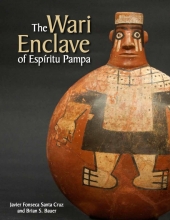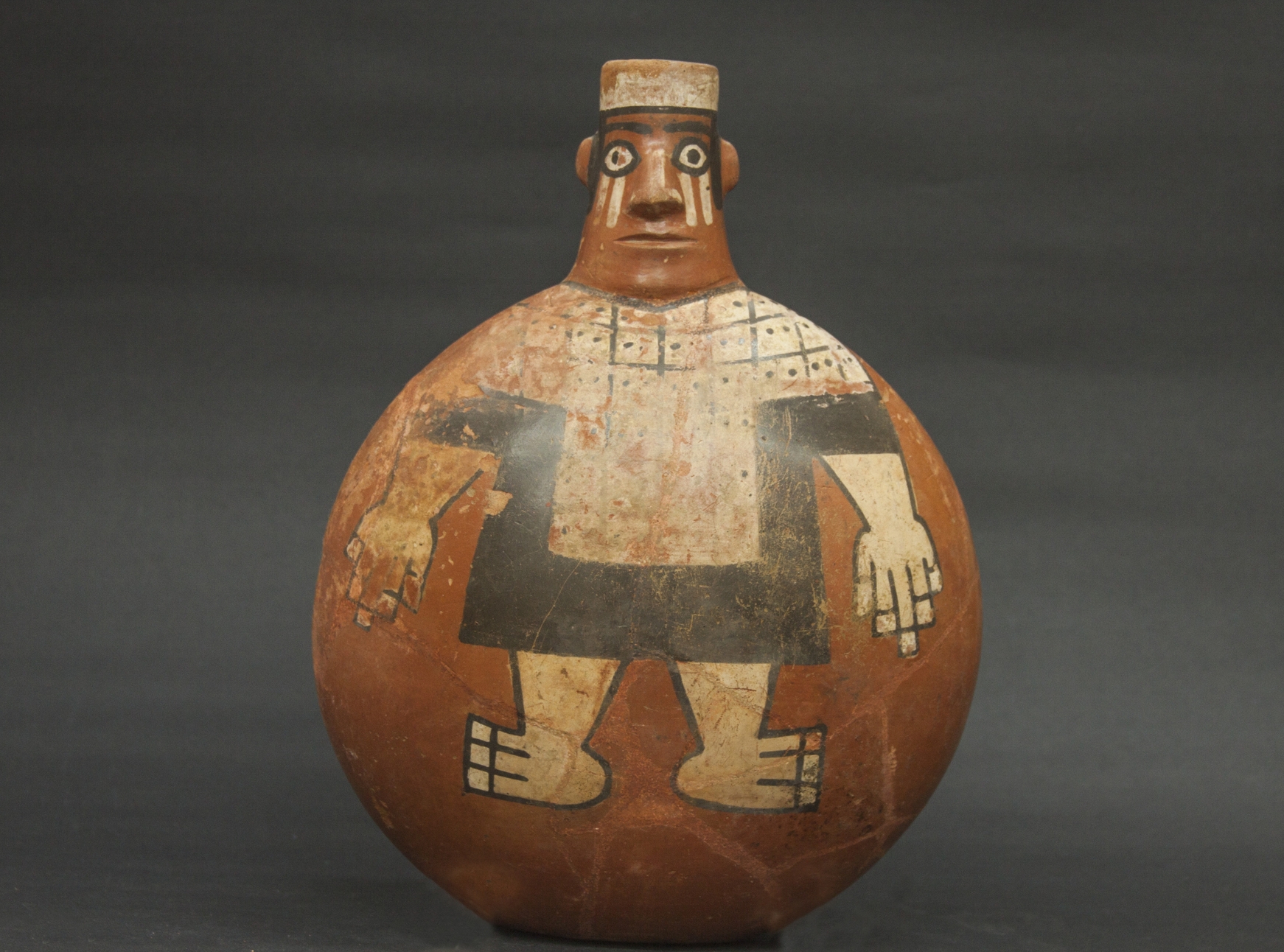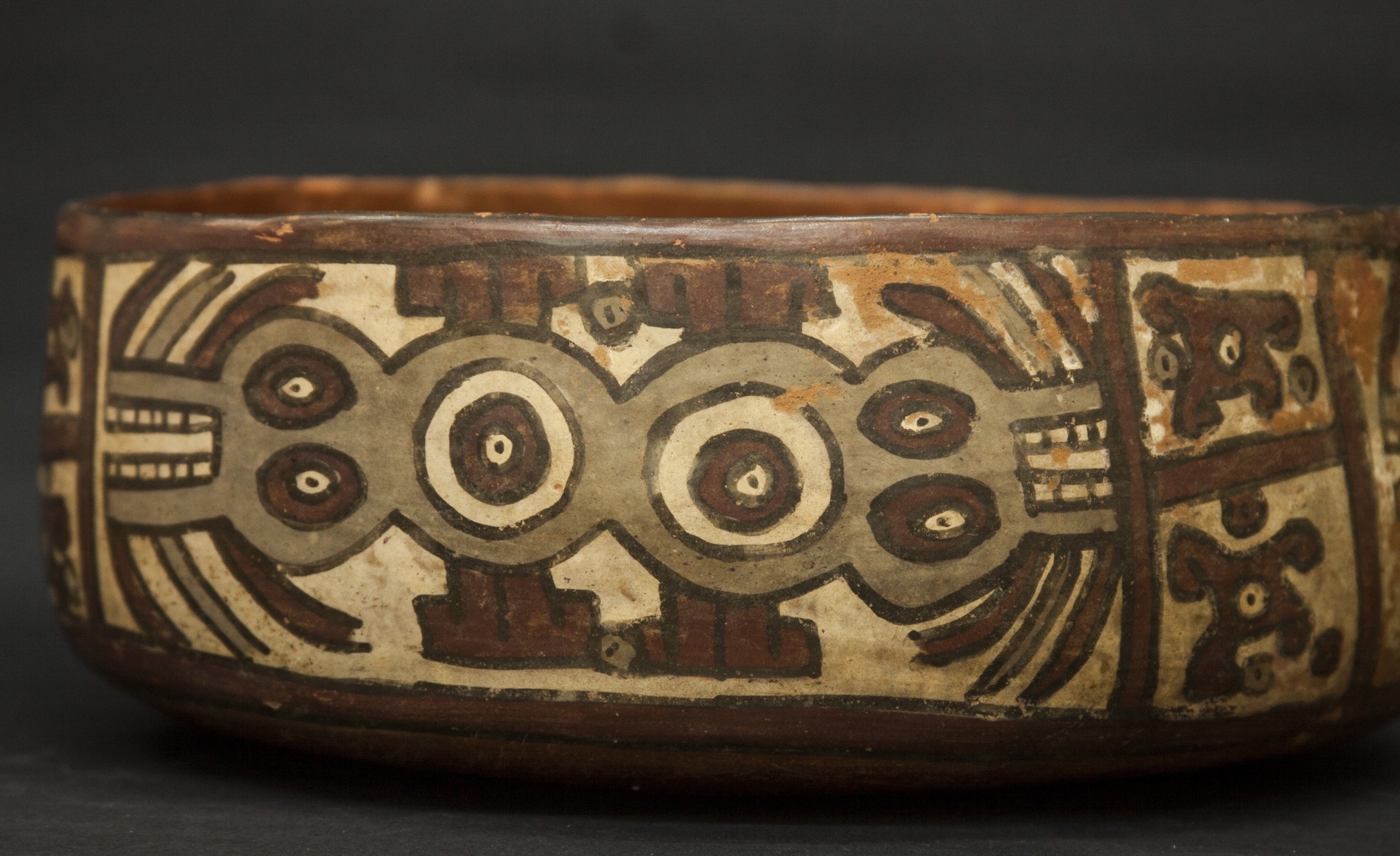
Series: Monumenta Archaeologica 44
ISBN: 978-1-938770-89-0
Publication Date: December 1, 2020
Price: $89.00
Order this book here!
- Print: Order from our distributor
- Electronic: Kindle eBook
- Open Access: PDF

The Wari State was the first expansionistic power to develop in the Andean highlands. Emerging in the area of modern Ayacucho (Peru) around AD 650, the Wari expanded to control much of the central Andes by the time of their collapse at AD 1000. This book describes the discovery and excavation (2010-2012) of a major new Wari site (Espíritu Pampa), located in the subtropical region of Vilcabamba (Department of Cusco). While it was long believed that the Wari established trade networks between their highland capital and the Amazonian lowlands, the identification of a large Wari site in the Vilcabamba region came as a surprise to most Wari specialists. This book covers the first three years of excavations at the Wari site of Espíritu Pampa. It describes the identification of a central plaza surrounded by a series of D-shaped structures that are believed to have been the loci of special activities for the Wari. It also describes the contents of more than 30 burials, many of which contained finely crafted silver, gold, bronze, and ceramic objects.

Table of Contents
Chapter 1: An Introduction to the Wari and the Site of Espíritu Pampa
Chapter 2: Excavations in Area 1: A D-Shaped Structure
Chapter 3: Excavations in Area 2: A D-Shaped Structure
Chapter 4: Excavations in Areas 3, 4, 5, and 7
Chapter 5: Area 6 and the Lord of Vilcabamba
Chapter 6: Excavations in the Circular Structures: Areas 9 and 10
Chapter 7: The Ceramics of the Wari Site of Espíritu Pampa
Chapter 8: The Bronze Objects from the Wari Site of Espíritu Pampa
Chapter 9: Gold and Silver Objects from the Site of Espíritu Pampa and Elsewhere in the Wari Realm
Chapter 10: Espíritu Pampa: A Wari Enclave in the Vilcabamba Region
Appendix 1: Radiocarbon Dates from the Wari Site of Espíritu Pampa
Appendix 2: Wari Textiles Preserved at Espíritu Pampa
Appendix 3: Areas and Contexts at the Wari Site of Espíritu Pampa 2010–2012
